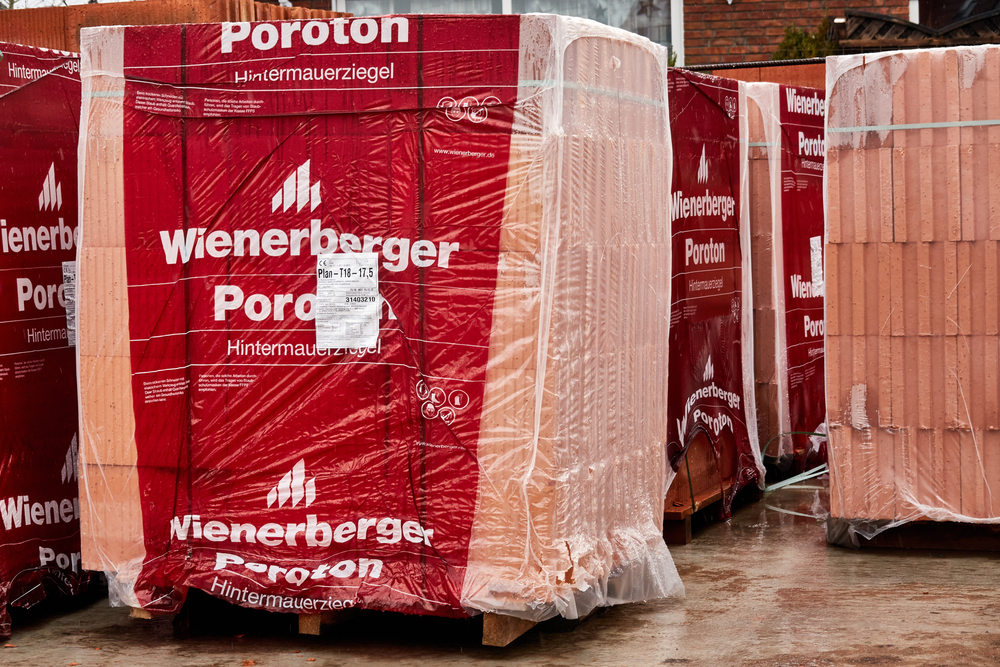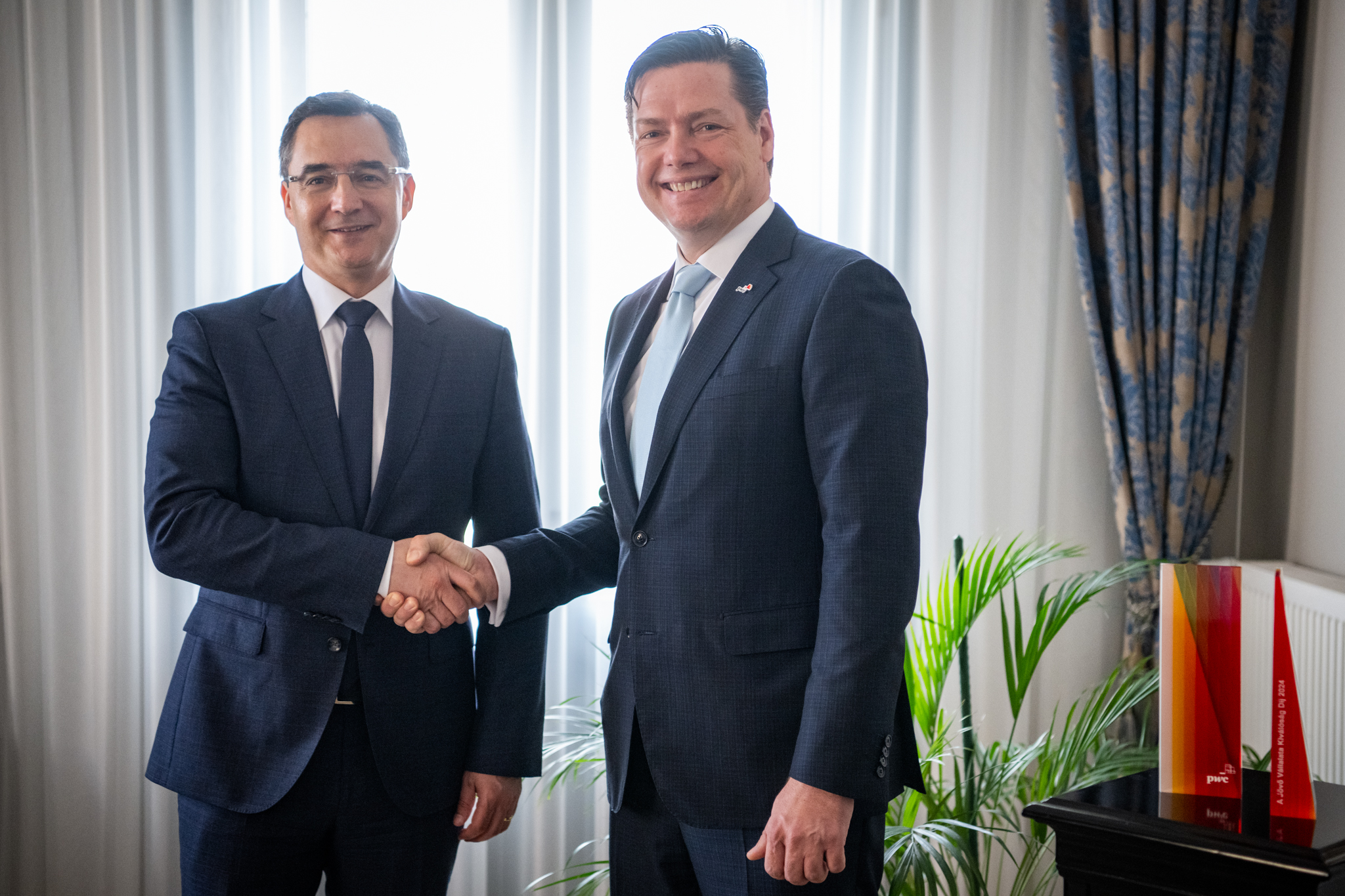Hiring poses greatest challenge to automotive industry

In the past few years we have experienced a significant growth in the Hungarian Automotive sector. Today we see further potential but can the labour market keep up with the immense expansion?
Sándor Bodnár, Senior Recruitment Consultant, hays Hungary
The popular question to ask today is: how much further can the Hungarian automotive industry grow without disturbing the labour market balances and creating difficulties to existing businesses?
The vehicle industry is booming in most of Central European economies, investments in the last two decades are unparalleled in the history of Europe. The EU is a giant market available for the manufacturers for exports, most notably Germany, the absolute European leader in car manufacturing.
Today the Czech Republic is the leading car manufacturer in the region (excluding Germany) with an annual output of 1.2 million vehicles. Slovakia follows with an astonishing 980,000+ cars a year; what makes the Slovaks the world’s largest producer of cars per capita. In Slovakia the automotive industry accounts for 12% of total GDP, 41% of industrial output and 26% of total export.
In comparison, the Hungarian automotive sector accounts for 10% of the GDP, 19,4% of industrial output and 20% of total export. The volume of the Czech- and the relative size of the Slovak automotive industry shows us that there is potential for growth. So much potential that a Jaguar Land Rover plant will open in Nyitra, Slovakia in 2018.
Seeing this and the fact that we hear about OEM’s negotiating new site openings in the region every other month leads us to believe that further growth is not only possible, but probable.
Hiring is already challenging for the automotive companies as they have industry specific standards and processes. They also have high demand for English and German speaking colleagues, as they work closest with foreign professionals. Research and development is usually supported or driven by the mother company and as exporters these companies have foreign customers.
This makes the integration of non-automotive professionals’ time consuming and expensive, thus sourcing directly from competitors is beneficial.
The high demand for skilled professionals created an atmosphere, where the qualified engineers can choose between several offers when looking for a new job. Their final decision and long term loyalty is not based only on salary or prestige but perspective. As the company offers guidance and – most importantly - flexibility in career advancement planning, the employee’s loyalty increases as he is invested in the conjoined career.
Dual Education and Management programs are such solutions that can successfully increase employee engagement. While the first gives the employee valuable on-the-job training before graduation and setting up an expert career, the second selects a new generation of management. These measures are shielding junior experts from high fluctuation as they offer perspective and mutual investment.
It is not possible to include all white collar employees in such programs, but clear career advancement options, face-to-face performance assessment discussions and employee-driven training should be available for most of them. These can ensure that skilled employees have influence over their professional development. For senior colleagues these options and international opportunities are generally motivating.
Due to the potential further growth of the automotive sector HR will have to be considered as a main strategy forming force in the organisation. For that to happen colleagues will have to change their mind set and act as strategic partners and decision makers in the organisation - rather than following trends, they should be the creators of change.
The Engineering Division of Hays Hungary can help you face recruitment challenges. Our consultants are passionate about what they do and they can cater for all your requirements, ensuring job seekers and employers find a perfect fit. Dealing exclusively in engineering and manufacturing jobs across Hungary, they have an in-depth understanding of their specialism and market, keep up-to-date with all the latest trends and industry developments and have a wide range of industry contacts. We’re proud of the long-lasting relationships we’ve built with all of our clients since first launching in Hungary in 2007.
SUPPORT THE BUDAPEST BUSINESS JOURNAL
Producing journalism that is worthy of the name is a costly business. For 27 years, the publishers, editors and reporters of the Budapest Business Journal have striven to bring you business news that works, information that you can trust, that is factual, accurate and presented without fear or favor.
Newspaper organizations across the globe have struggled to find a business model that allows them to continue to excel, without compromising their ability to perform. Most recently, some have experimented with the idea of involving their most important stakeholders, their readers.
We would like to offer that same opportunity to our readers. We would like to invite you to help us deliver the quality business journalism you require. Hit our Support the BBJ button and you can choose the how much and how often you send us your contributions.









